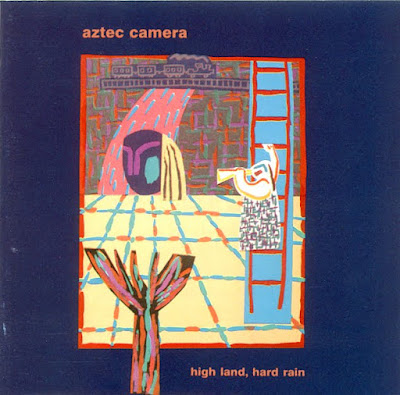Este es el disco por el que debería ser recordado John Lydon, Johnny Rotten para los amigos.
Ambicioso,retorcido,oscuro y sobre todo grande, muy grande. Toda una declaración de principios para el que había sido cabeza pensante e icono del punk, muy a su pesar.Estoy si que fue decir: "¡Qué os jodan!".
Tras acabar con los Sex Pistols y tras un viaje a Jamaica invitado por Richard Branson,capo de Virgin, donde intentó que fuera el nuevo cantante de Devo,Lydon se empapó bien de reggae y sobre todo de dub.
Tras un First Issue, donde rompe a medias con el legado de los Pistols, se lanza de cabeza a lo que será su obra maestra y piedra fundacional del post-punk.
Se trata de un disco rompedor, ya desde su envoltorio, una caja redonda de metal donde se podían encontrar 3 maxis, ya sabemos que los discos a 45 suenan mejor, con mucha más calidez, en donde contrastan los bajos de Jah Wobble con el sonido metálico de la guitarra de Keith Levene, ex-The Clash.
Su influencia ha sido enorme y se puede escuchar en grupos como The Rapture o Primal Scream (Jah Wobble aportó su bajo en el penúltimo corte de Screamadelica, Higher Than The Sarts-A dub simphony in Three Parts).
Aunque no es un disco fácil , a cada escucha se le pueden descubrir más y más matices a los que uno se va agarrando hasta que al final te das cuenta del pedazo de disco que es.
Lástima que los sucesivos lanzamientos de P.I.L. fuesen decayendo en calidad y que, al final, John Lydon haya sido devorado por su personaje, Johnny Rotten.
Allmusic,dice:"PiL managed to avoid boundaries for the first four years of their existence, and Metal Box is undoubtedly the apex. It's a hallmark of uncompromising, challenging post-punk, hardly sounding like anything of the past, present, or future. Sure, there were touchstones that got their imaginations running -- the bizarreness of Captain Beefheart, the open and rhythmic spaces of Can, and the dense pulses of Lee Perry's productions fueled their creative fires -- but what they achieved with their second record is a completely unique hour of avant-garde noise. Originally packaged in a film canister as a trio of 12" records played at 45 rpm, the bass and treble are pegged at 11 throughout, with nary a tinge of midrange to be found. It's all scrapes and throbs (dubscrapes?), supplanted by John Lydon's caterwauling about such subjects as his dying mother, resentment, and murder. Guitarist Keith Levene splatters silvery, violent, percussive shards of metallic scrapes onto the canvas, much like a one-armed Jackson Pollock. Jah Wobble and Richard Dudanski lay down a molasses-thick rhythmic foundation throughout that's just as funky as Can's Czukay/Leibezeit and Chic's Edwards/Rodgers. It's alien dance music. Metal Box might not be recognized as a groundbreaking record with the same reverence as Never Mind the Bollocks, and you certainly can't trace numerous waves of bands who wouldn't have existed without it like the Sex Pistols record. But like a virus, its tones have sent miasmic reverberations through a much broader scope of artists and genres." by Andy Kellman
























